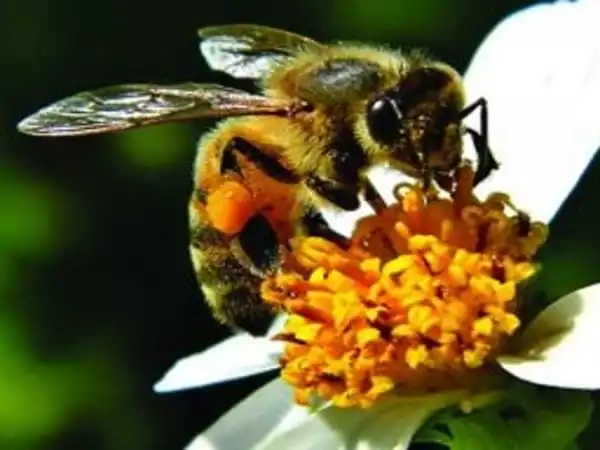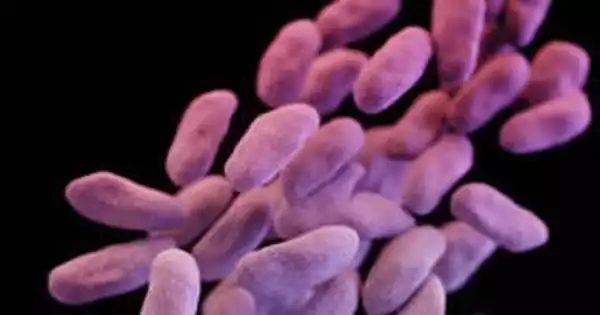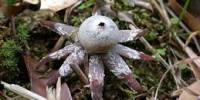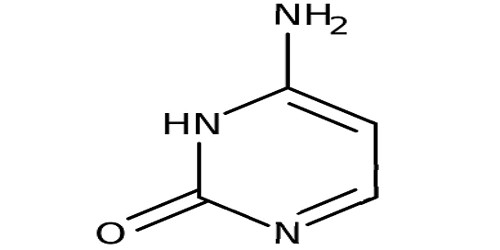Insect guts provide unique conditions for microbial colonization, and bacteria in the stomach may provide numerous benefits to their hosts. The degree to which insects rely on gut microbes for basic activities varies greatly. In comparison to mammalian guts, most insect stomachs contain a small number of microbial species, although certain insects have extensive gut populations of specialized bacteria.
An international team of researchers discovered a sort of gut bacteria in bees that can improve memory. The study, led by scientists from Jiangnan University in China in cooperation with researchers from the Queen Mary University of London and the University of Oulu in Finland, discovered that Lactobacillus apis, a kind of gut bacteria, is connected to improved memory in bumblebees.
The researchers discovered that bumblebees with higher levels of this sort of bacteria in their intestines have superior memory than those with lower levels of bacteria. Bumblebees that ate food containing more of this species of gut bacteria were likewise shown to have longer-lasting memories than people who ate a conventional diet.
This is an intriguing discovery that could be applicable to both humans and bees. Our findings contribute to the expanding body of evidence that gut-brain interactions are important in animals and shed light on the origins of cognitive disparities in natural bumblebee populations.
Professor Lars Chittka
The researchers built different colored imitation flowers to test the bees’ memory and learning capacities; five colors were paired with a sweet sucrose solution and the other five with a bitter-tasting solution containing quinine, a bee repellant. The researchers then evaluated how quickly the bees learned which colors were associated with a sugar reward and if they were able to remember this information in a three-day follow-up test. They were able to compare individual differences in bumblebee learning and memory abilities with the quantities of different bacteria present in their gut by sequencing gut samples from the bees.
The researchers introduced Lactobacillus apis to the bumblebees’ food and assessed their answers to the same test to establish that the quantities of Lactobacillus apis in the stomach were directly responsible for the observed changes in memory.
The findings, published in the journal Nature Communications, add to the growing body of evidence suggesting the gut microbiome (the billions of microorganisms that live in our intestines) can influence animal behavior.
Individual differences in cognitive ability exist in bees, and they have a very small community of gut germs compared to mammals, making them good models for investigating the role of certain gut bacteria on differences in cognition across individuals.

According to the researchers, found variability in the microbiome across individual bumblebees could be due to differences or changes in nest habitat, activities, infections, social interactions, and pollination environment.
Dr. Li Li, the study’s lead author and a postdoctoral researcher at Jiangnan University, stated: “Our findings suggest that not only does natural variation in the amount of a specific gut bacterium affect memory, but also that adding the same bacterial species to a bee’s diet can improve their memory. More research is needed to discover whether and which bacteria species have the same effect in people. Our research, on the other hand, has shed light on this possibility.”
Professor Lars Chittka, a co-author of the study and a professor at Queen Mary University of London, stated, “This is an intriguing discovery that could be applicable to both humans and bees. Our findings contribute to the expanding body of evidence that gut-brain interactions are important in animals and shed light on the origins of cognitive disparities in natural bumblebee populations.”
According to Professor Wei Zhao, corresponding author and Head of Jiangnan University’s Enzymology lab: “It’s incredible to learn which bacteria species improve memory. The findings support our belief that regulating gut microbiota can help us improve our cognitive abilities.”
Bees are infected by microbial diseases such as viruses, bacteria, and fungi. Many factors influence a bee’s ability to resist microbial illness. The exposure of a bee to additional stressors, such as pesticides or inadequate diet, can decide whether an infection is moderate or fatal. Alarming colony losses have sparked tremendous scientific interest in honey bee diseases.
















